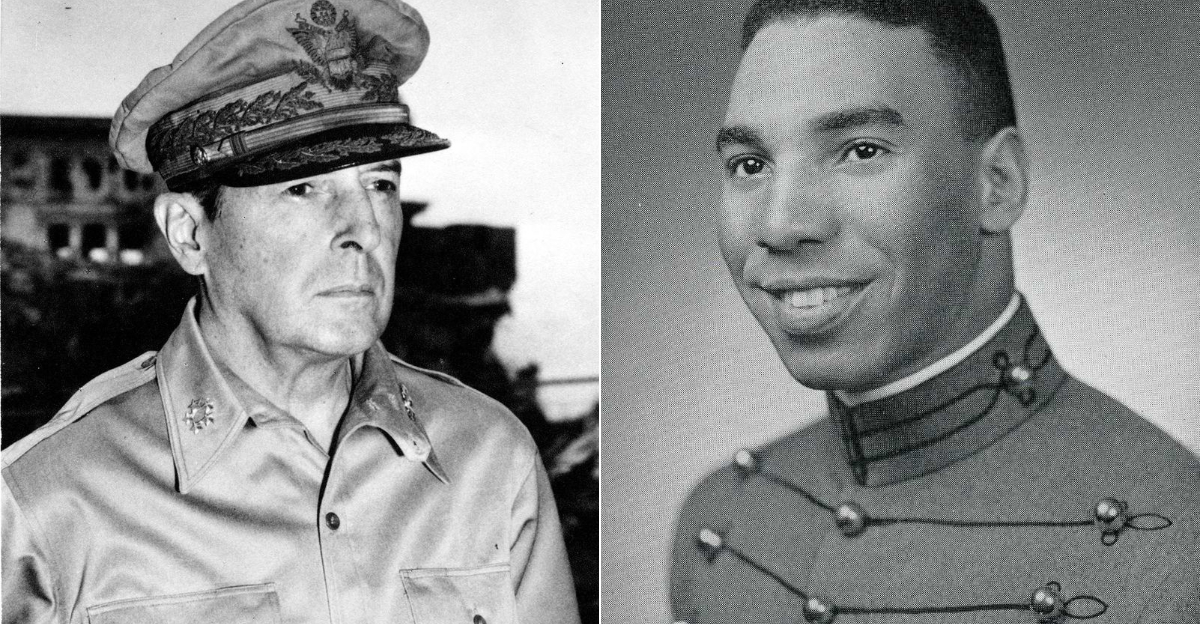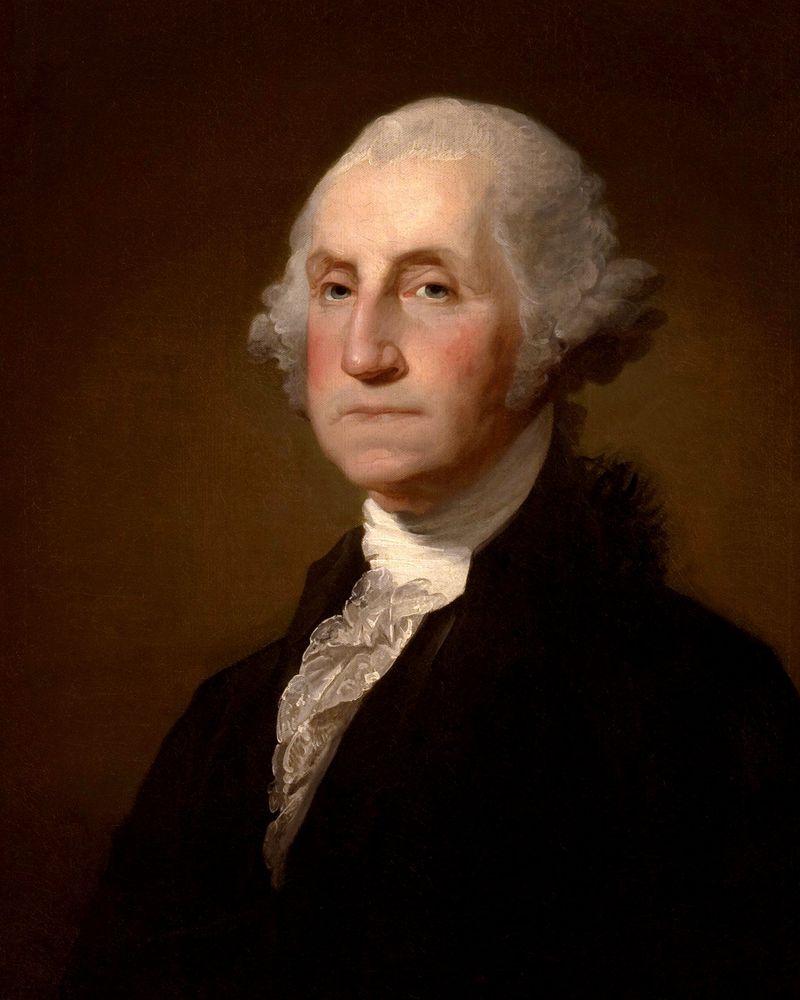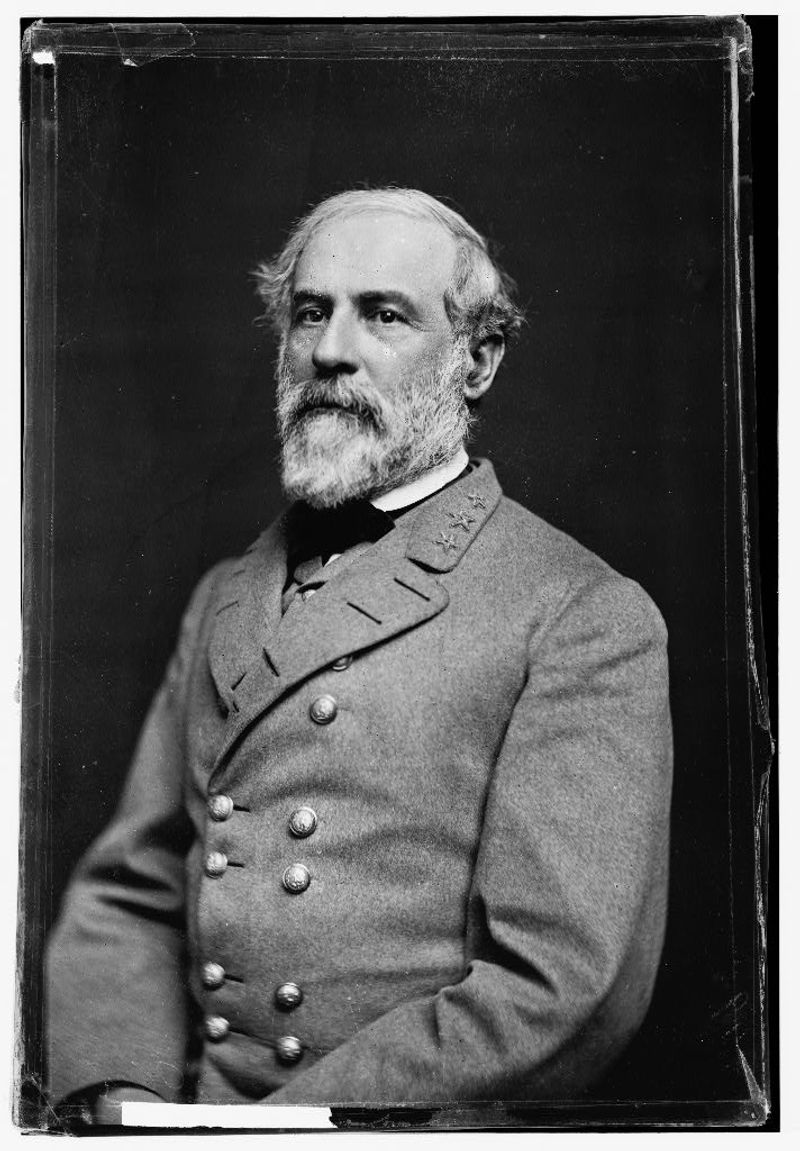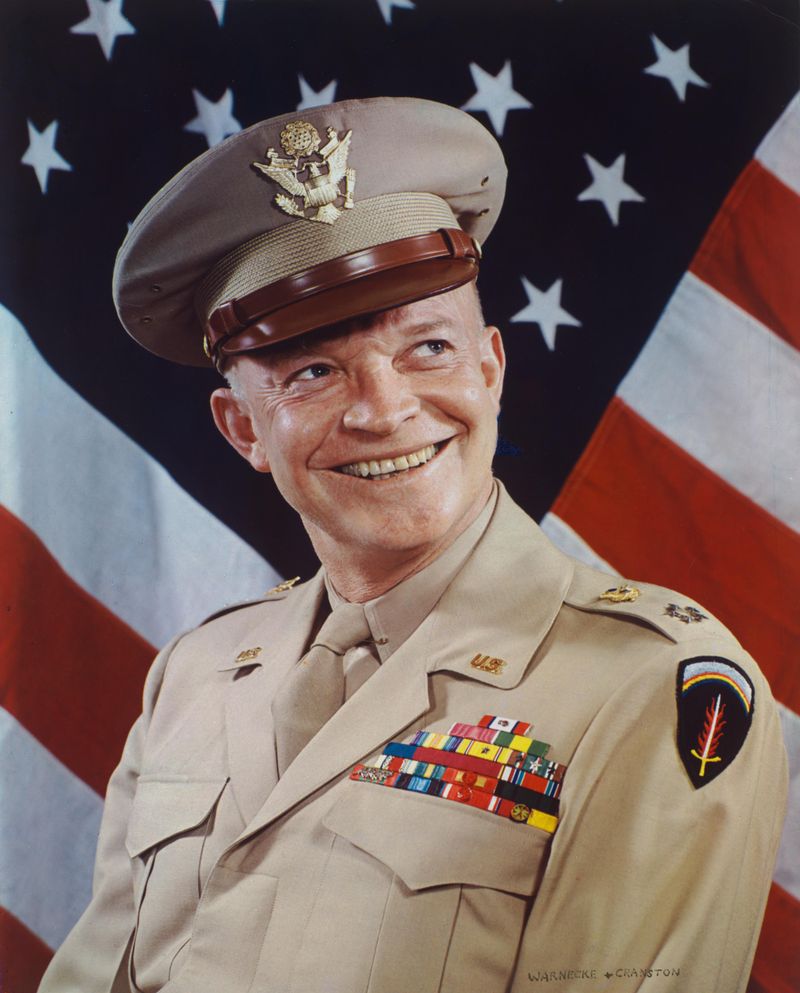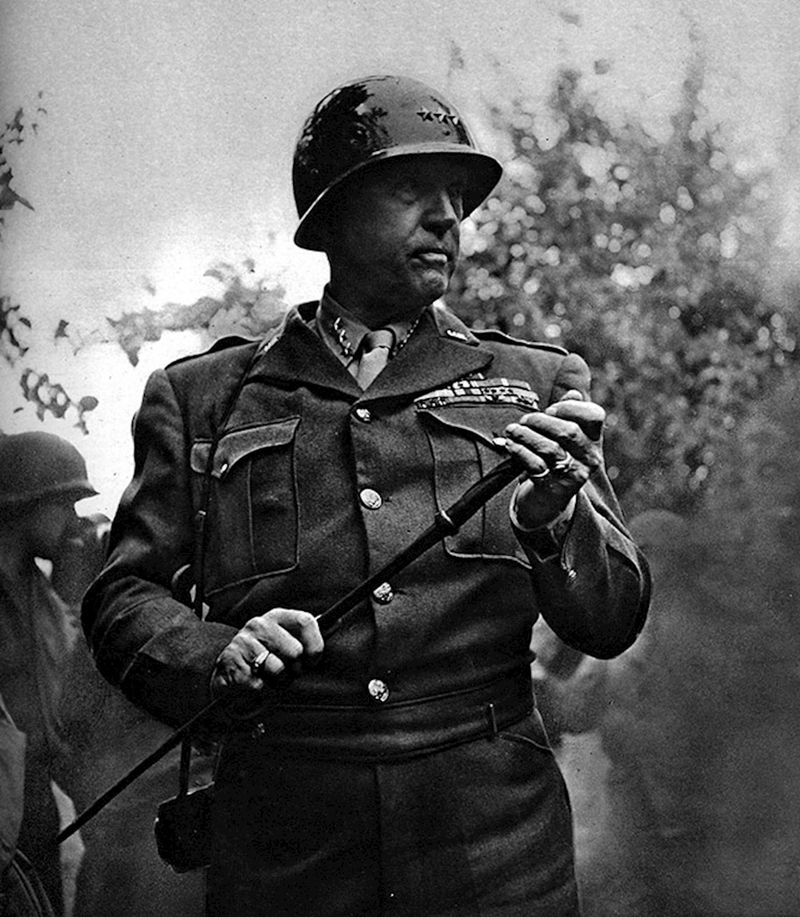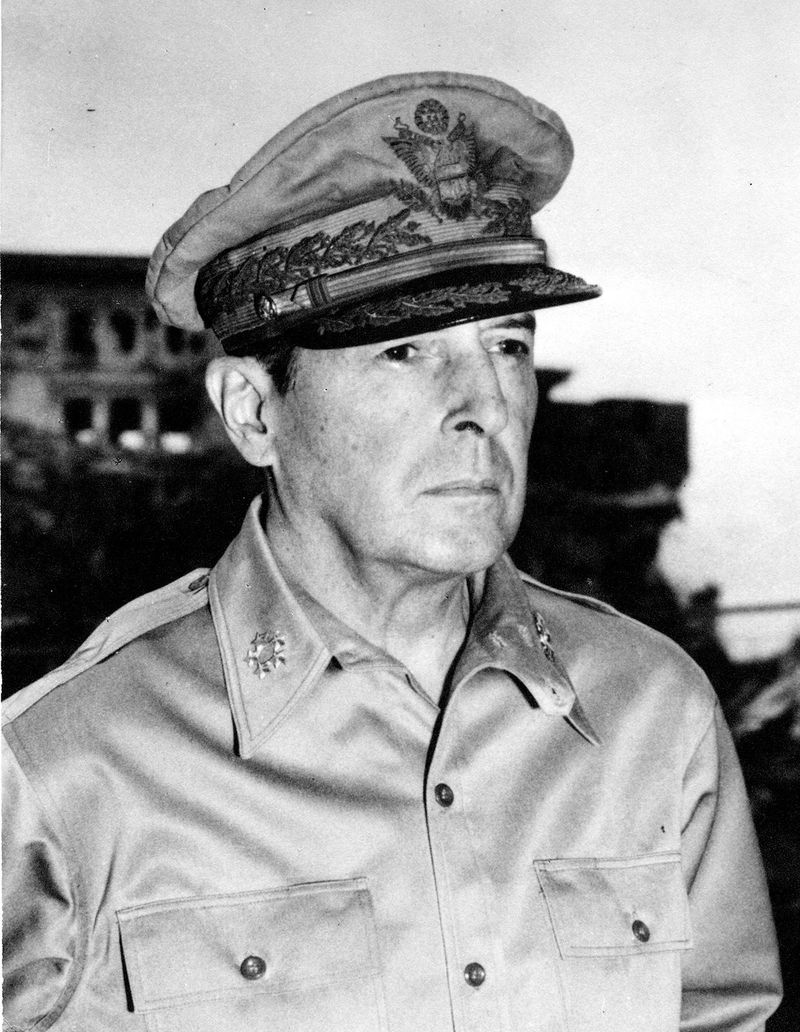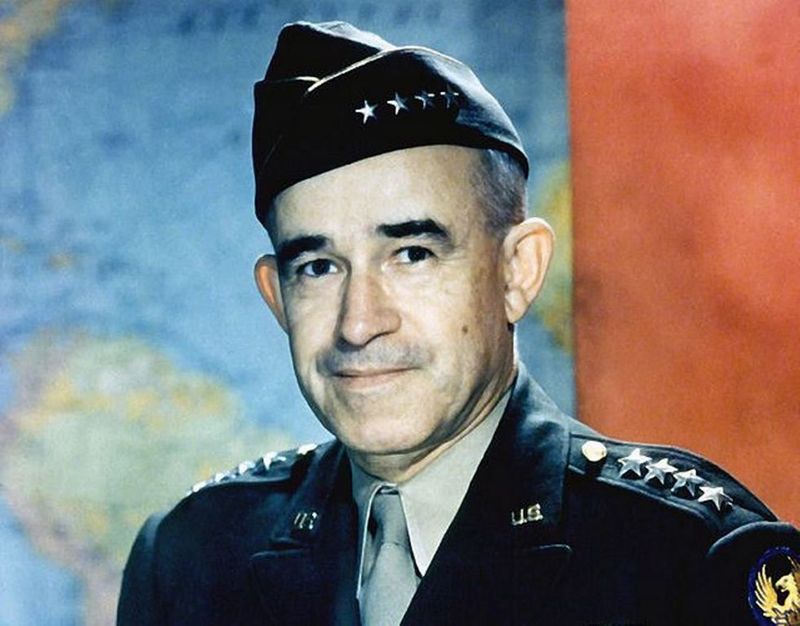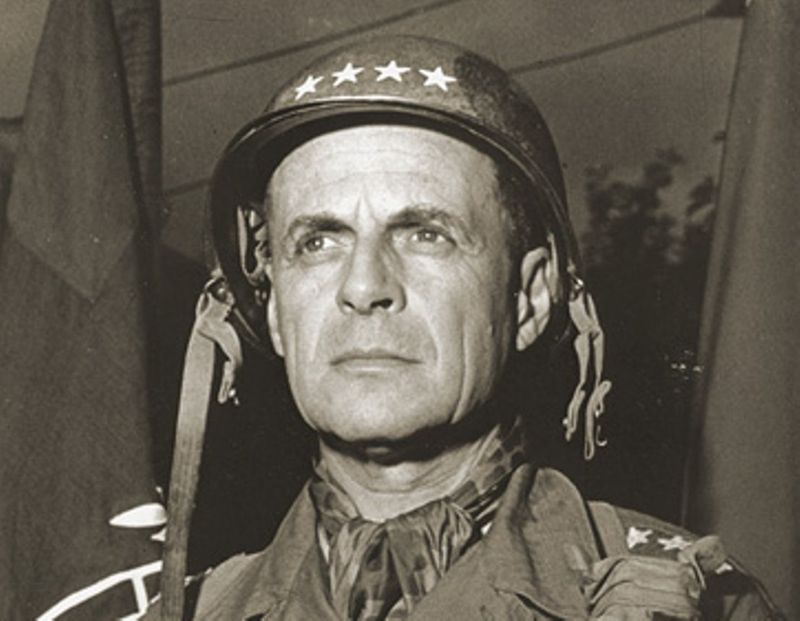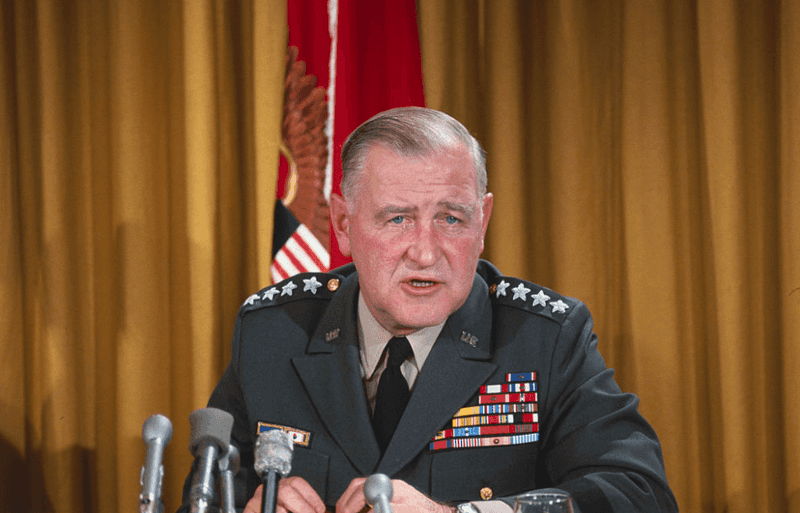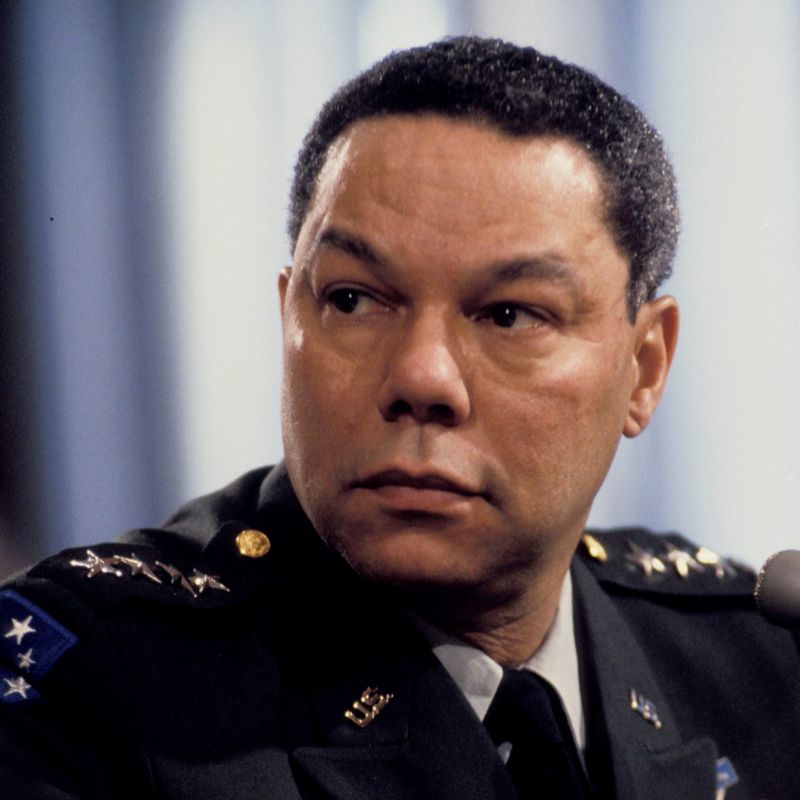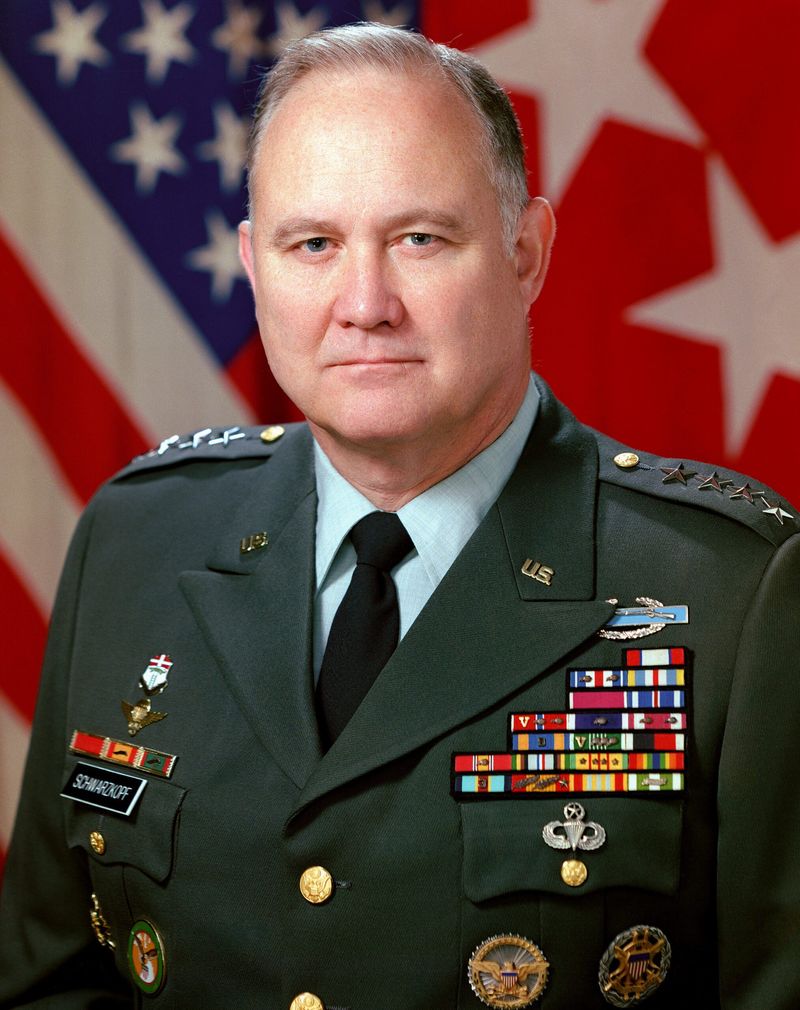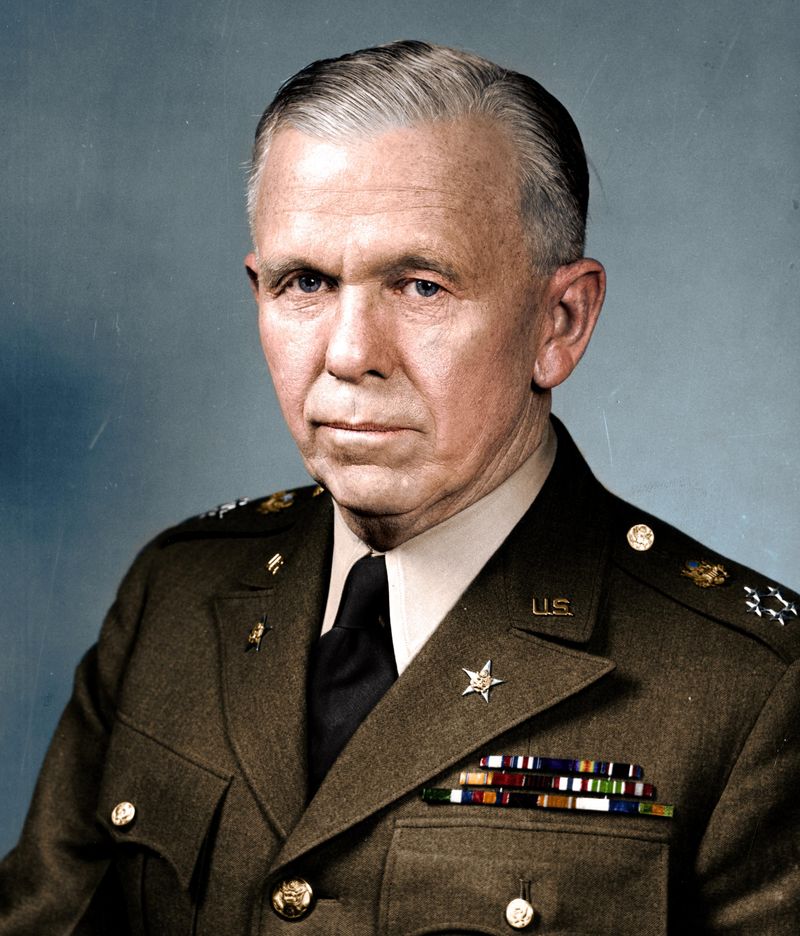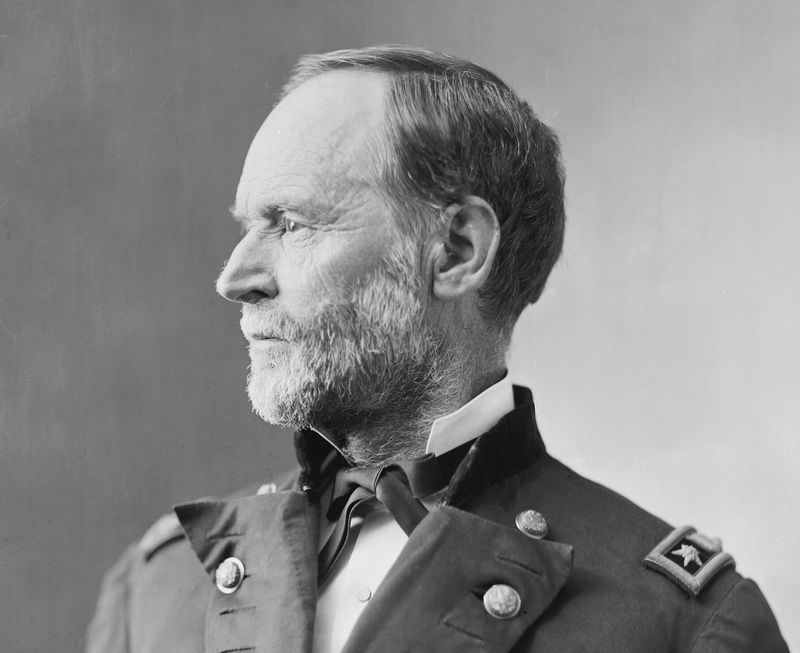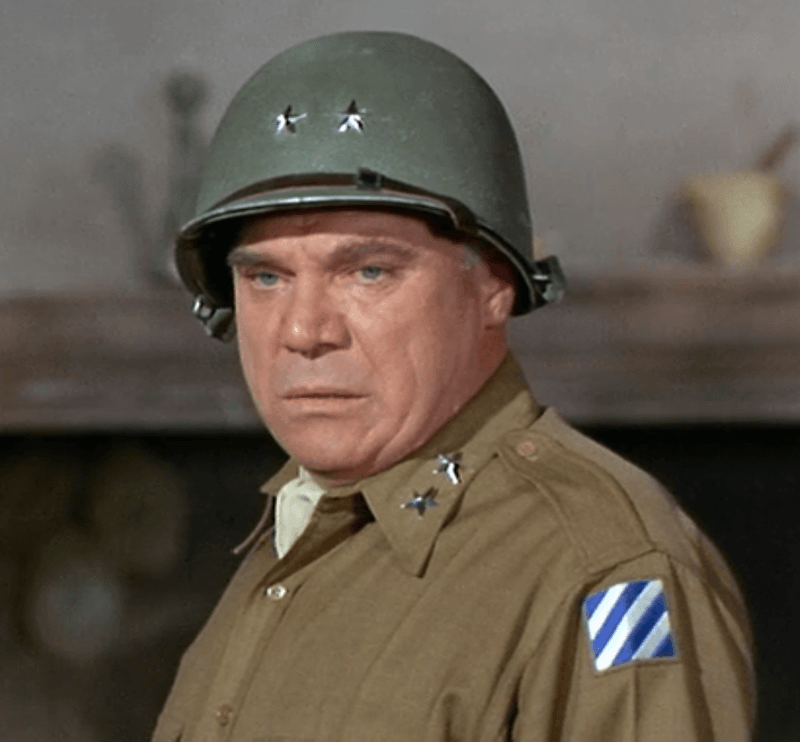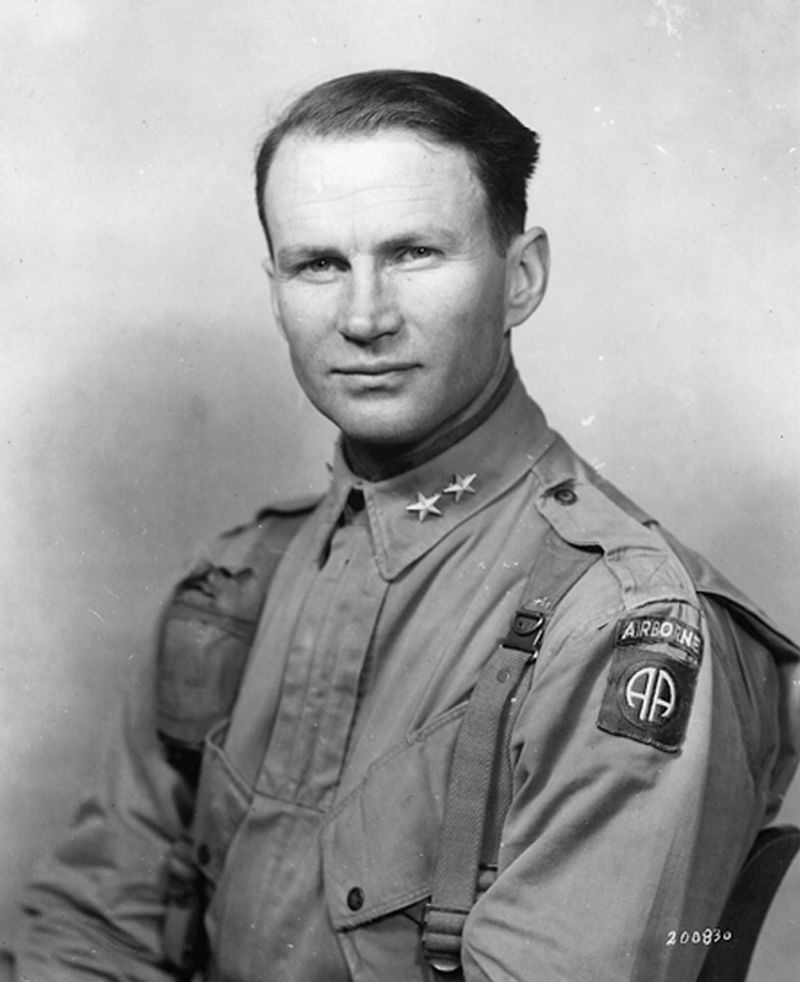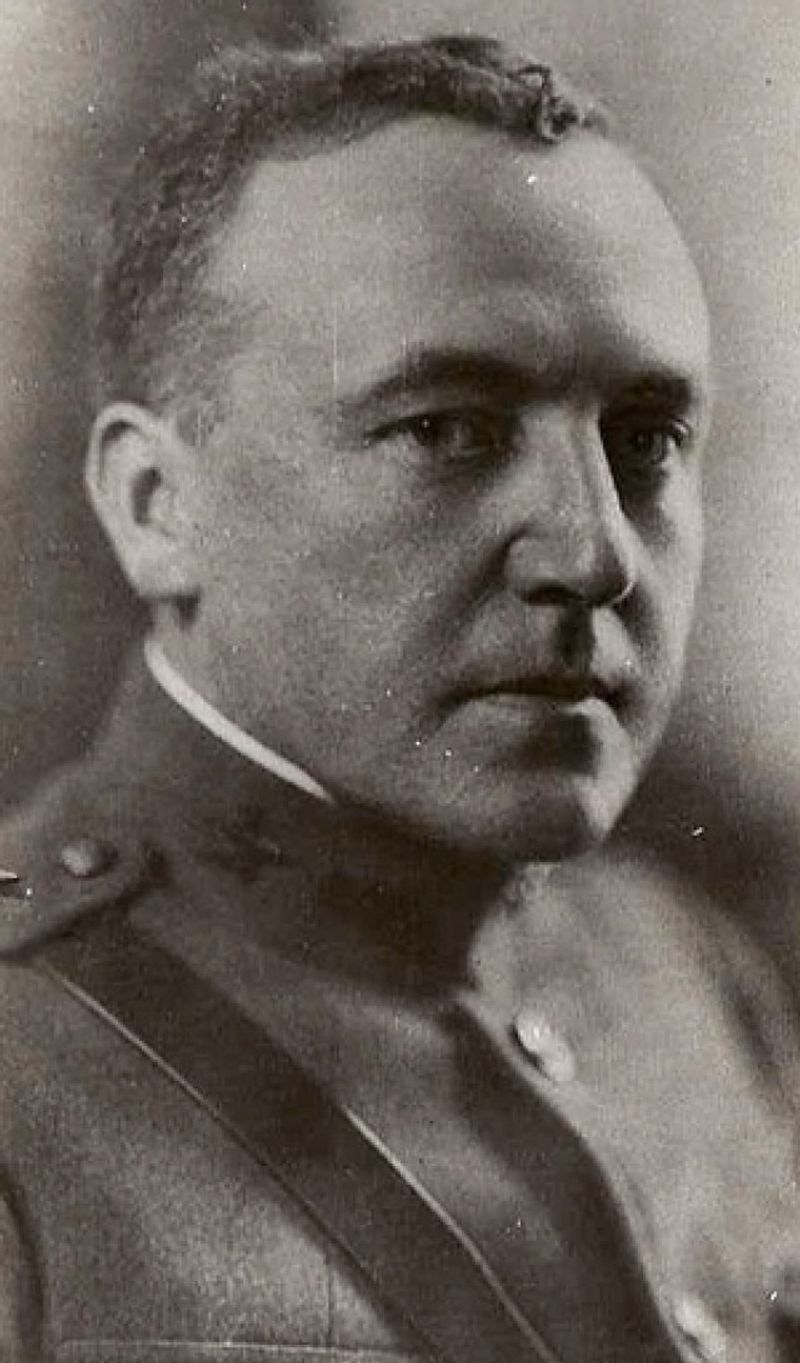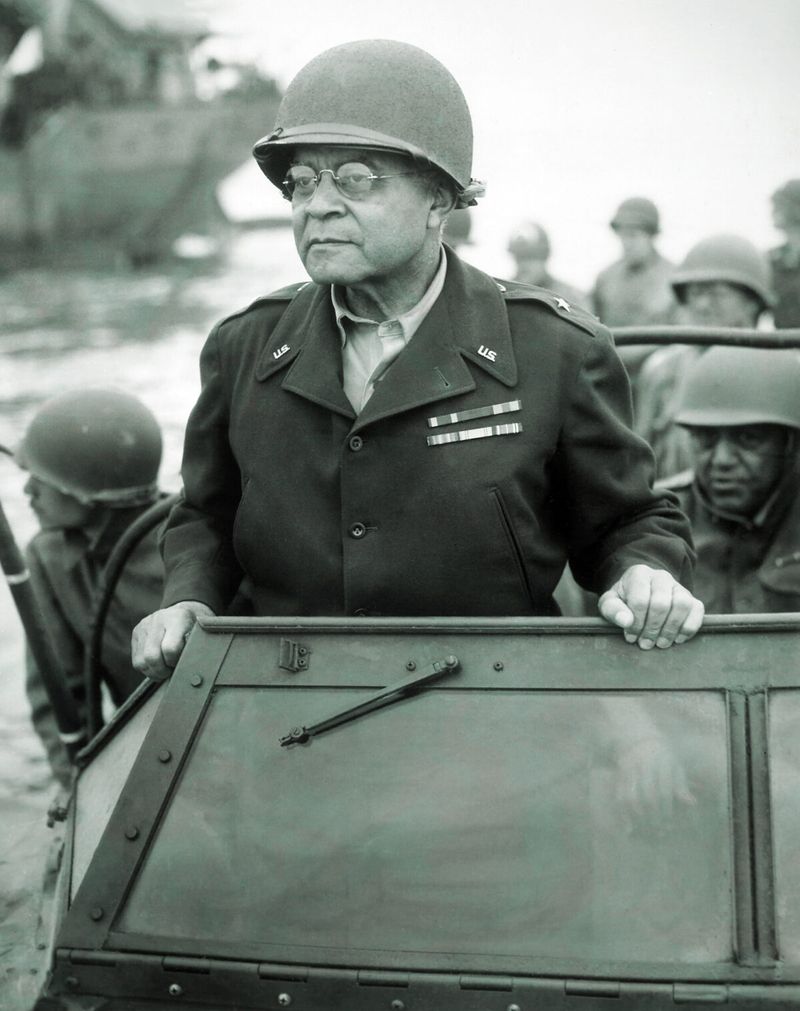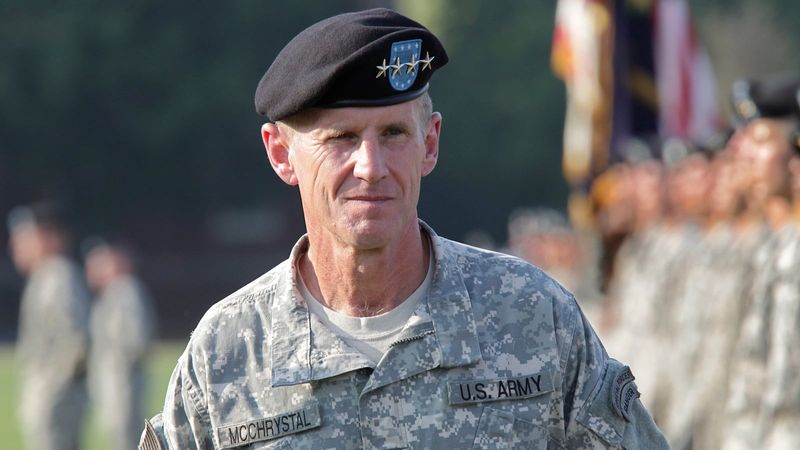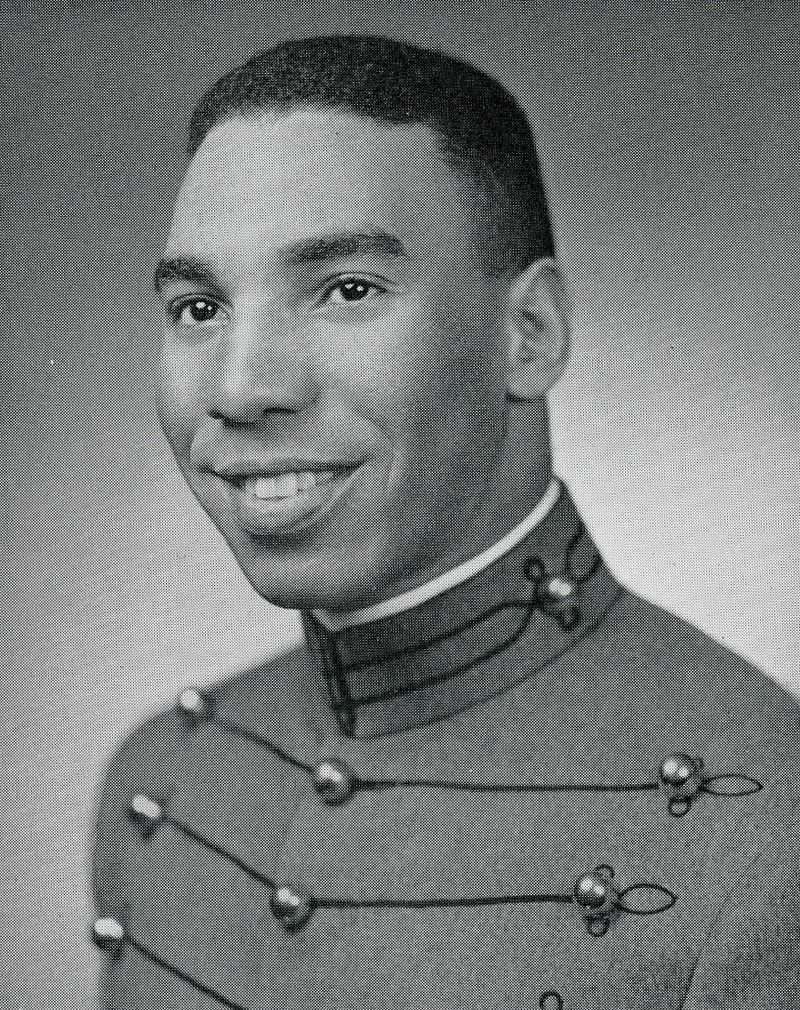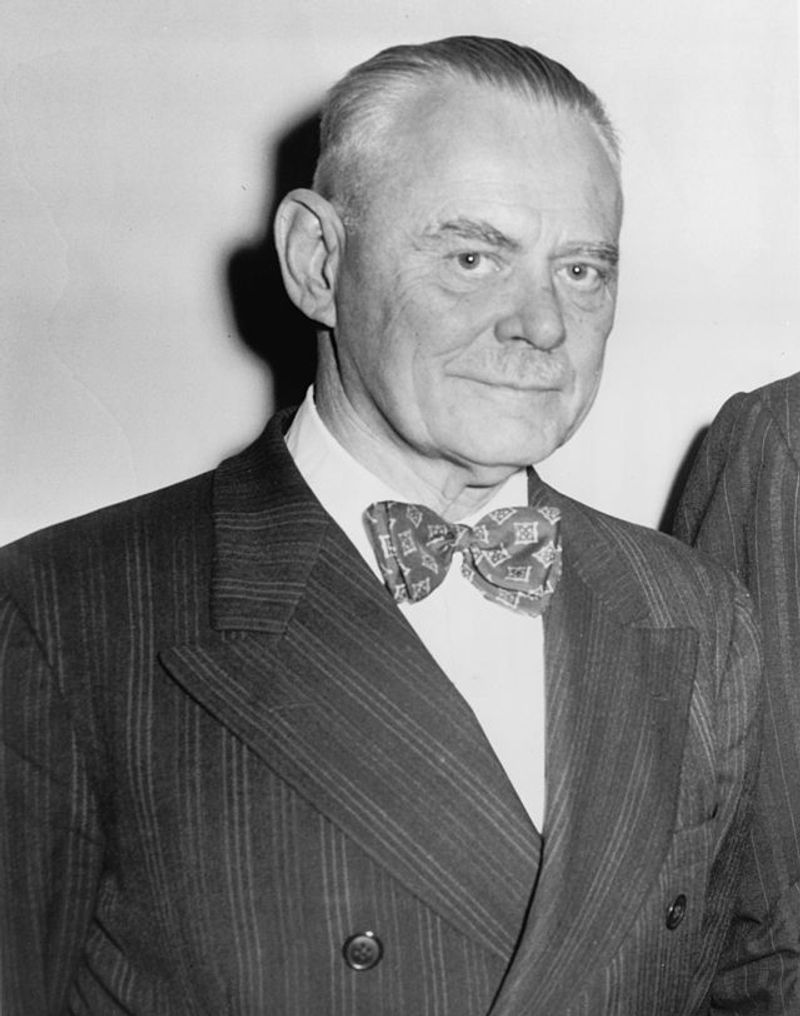The history of the U.S. Army is replete with leaders whose courage and strategic minds have shaped the course of American history. From the Revolutionary War to modern-day conflicts, these individuals have exemplified leadership, valor, and innovation. While some names are etched in the annals of history, others remain unsung heroes, deserving of greater recognition. This post explores both the legendary leaders and those whose contributions often fly under the radar, yet were instrumental in the development and success of the U.S. Army.
1. George Washington
George Washington’s leadership was the cornerstone of the American Revolution. A symbol of perseverance, he led the Continental Army to victory against formidable odds. His strategic brilliance at battles like Trenton and Yorktown secured American independence.
Despite initial setbacks, Washington’s resilience and vision were unwavering. Not just a military leader, he set precedents as the nation’s first president, ensuring a democratic foundation. His legacy is a testament to steadfast leadership.
Washington’s impact extends beyond military achievements; his integrity and dedication to public service continue to inspire generations of Americans.
2. Ulysses S. Grant
Ulysses S. Grant’s tenacity turned the tide of the Civil War. Known for his relentless pursuit, his victories at Vicksburg and Appomattox are legendary. His leadership was marked by strategic insight and an unyielding commitment to Union victory.
In the face of adversity, Grant’s calm composure and determination stood rigid. His presidency focused on reconstruction and civil rights, reflecting his belief in national unity.
Grant’s legacy is that of a leader who understood the harsh realities of war but remained committed to peace and reconciliation, paving the way for a united nation.
3. Robert E. Lee
Robert E. Lee’s tactical prowess in the Civil War is studied by military strategists worldwide. Despite fighting for the Confederacy, his leadership qualities and battlefield acumen are undeniable.
Lee’s campaigns, particularly his audacious maneuvers in battles such as Chancellorsville, showcased his innovative strategies. His decision to surrender at Appomattox was driven by a desire to prevent further bloodshed.
Though controversial, Lee’s legacy is that of a complex figure whose military genius and personal convictions have sparked debate and reflection on leadership and morality.
4. Dwight D. Eisenhower
Dwight D. Eisenhower’s leadership in WWII was pivotal. As Supreme Allied Commander, he orchestrated Operation Overlord, leading to the liberation of Europe. His ability to foster cooperation among allies was instrumental in the war’s success.
Eisenhower’s presidency was marked by a focus on infrastructure and peace. His military strategies and diplomatic skills laid the groundwork for a stable post-war era.
Eisenhower’s legacy as a leader who balanced military acumen with statesmanship continues to influence military and political leaders around the globe.
5. George S. Patton
George S. Patton was a force of nature on the battlefield. His bold tactics and aggressive leadership in WWII made him a legend. Known for his swift tank assaults in the European Theater, Patton’s strategies were crucial to the Allied victory.
Patton’s unyielding drive and fiery personality were matched by his tactical genius. His leadership inspired his men to achieve seemingly impossible feats.
Despite controversies, Patton’s legacy remains that of a fearless leader whose contributions to modern warfare and military strategy are still revered.
6. Douglas MacArthur
Douglas MacArthur’s name is synonymous with the Pacific campaign in WWII. His bold leadership and controversial strategies led to significant victories in the Philippines and Japan.
MacArthur’s vision extended beyond warfare; he played a key role in Japan’s reconstruction, advocating for democratic reforms. His leadership style was marked by a combination of charisma and authority.
Though his career was not without controversy, MacArthur’s influence on military strategy and post-war recovery efforts remains profound, showcasing his ability to navigate complex geopolitical landscapes.
7. Omar Bradley
Omar Bradley, known as “The Soldier’s General,” commanded respect through his compassionate leadership. His role in the Normandy invasion and subsequent European campaigns was pivotal.
Bradley’s quiet confidence and strategic mind ensured success in critical battles like the Bulge. His leadership emphasized teamwork and the welfare of his soldiers.
Bradley’s legacy is characterized by his humane approach to military leadership and his commitment to the values of democracy and freedom, making him a cherished figure in U.S. military history.
8. Matthew Ridgway
Matthew Ridgway’s leadership revived the Korean War effort after MacArthur’s dismissal. Known for his parachuting bravery, he brought morale and strategic renewal to U.N. forces.
Ridgway’s emphasis on discipline and adaptability turned the tide in Korea. His leadership ensured a stalemate rather than a defeat, stabilizing the region.
Ridgway’s contribution to military strategy and his unwavering resolve in challenging circumstances highlight his role as a transformative leader during a critical period.
9. Creighton Abrams
Creighton Abrams is best remembered as a tank commander who transformed U.S. armored warfare. His actions in WWII, particularly in the Battle of the Bulge, showcased his tactical brilliance.
Abrams’ leadership extended to Vietnam, where he focused on a strategy of counterinsurgency. His tenure as Army Chief of Staff highlighted his commitment to modernizing the military.
The M1 Abrams tank, named in his honor, symbolizes his lasting impact on armored warfare and military innovation, making him a revered figure in military history.
10. Colin Powell
Colin Powell broke barriers as the first Black Chairman of the Joint Chiefs and Secretary of State. His leadership and diplomacy were instrumental in shaping U.S. military strategy and foreign policy.
Powell’s doctrine emphasized decisive force and clear objectives, a principle that guided military operations such as Desert Storm. His integrity and strategic foresight earned him widespread respect.
Powell’s legacy is one of pioneering leadership, breaking racial barriers while maintaining a steadfast commitment to peace and security, inspiring future generations of leaders.
11. Norman Schwarzkopf
Norman Schwarzkopf’s leadership during the Gulf War was a masterclass in coalition warfare. As commander of Operation Desert Storm, his strategic planning and execution led to a swift victory.
Schwarzkopf’s larger-than-life personality and tactical acumen earned him the nickname “Stormin’ Norman.” His leadership style was characterized by decisiveness and clarity.
The legacy of Schwarzkopf is one of a leader who understood the complexities of modern warfare and executed campaigns with precision, leaving an indelible mark on military history.
12. George C. Marshall
George C. Marshall was the architect of Allied victory in WWII and the visionary behind the Marshall Plan. His leadership as Army Chief of Staff was marked by strategic insight and innovation.
Marshall’s post-war efforts focused on rebuilding Europe, promoting stability and prosperity through economic aid. His diplomatic skills were pivotal in shaping the post-war world.
Marshall’s legacy is one of a leader whose strategic vision and commitment to peace transformed global relations, making him a Nobel Peace Prize laureate and a revered statesman.
13. William Tecumseh Sherman
William Tecumseh Sherman’s “March to the Sea” was a turning point in the Civil War. His strategy of total warfare broke the will of the Confederacy and hastened the end of the conflict.
Sherman’s leadership was marked by his decisive actions and innovative tactics. His controversial approach to warfare left a lasting impact on military strategy.
Sherman’s legacy is that of a leader who understood the harsh realities of war and pursued victory with unwavering resolve, reshaping the conduct of modern warfare.
14. Lucian Truscott
Lucian Truscott’s brilliance as a WWII commander was instrumental in the success of the 3rd Infantry Division. His leadership during the Italian Campaign was marked by adaptability and strategic foresight.
Truscott’s ability to inspire his troops and his innovative tactics made him a respected leader. His focus on mobility and surprise was key to his successes.
Though less celebrated, Truscott’s contributions to military strategy and his leadership during critical battles remain an enduring testament to his skilled command.
15. James Gavin
James Gavin, known as “The Jumping General,” revolutionized airborne operations during WWII. As the youngest major general, he led the 82nd Airborne Division with unparalleled energy and vision.
Gavin’s leadership in operations like Market Garden demonstrated his innovative approach to warfare and his commitment to his men.
His legacy is one of youthful brilliance and daring tactics, inspiring future airborne operations and solidifying his place as a pioneering figure in military history.
16. Fox Conner
Fox Conner’s influence as a mentor to future generals like Eisenhower, Patton, and Bradley was invaluable. His strategic mind shaped the U.S. Army’s approach to warfare in the early 20th century.
Conner’s teachings on strategy and leadership were foundational, emphasizing adaptability and innovation. His insights laid the groundwork for future military successes.
Though not as publicly recognized, Conner’s legacy is that of a master strategist whose impact on military thought endures, influencing generations of military leaders.
17. Benjamin O. Davis Sr.
Benjamin O. Davis Sr. paved the way for integration as the first Black general in U.S. Army history. His leadership and perseverance broke racial barriers and opened doors for future leaders.
Davis’ dedication to equality and excellence defined his career. His contributions to military service were marked by integrity and courage.
Davis’ legacy is that of a trailblazer who championed civil rights within the military, inspiring future generations to strive for equality and justice.
18. Stanley McChrystal
Stanley McChrystal’s innovations in special operations transformed U.S. military strategy in Iraq and Afghanistan. His leadership style was marked by transparency and adaptability.
McChrystal’s focus on network-centric warfare and counterinsurgency tactics reshaped military operations in the 21st century.
His legacy is one of a forward-thinking leader whose contributions to modern warfare continue to influence military strategy, emphasizing the importance of agility and integration in combat operations.
19. Roscoe Robinson Jr.
Roscoe Robinson Jr. made history as the first Black four-star general in the U.S. Army. His remarkable career was defined by leadership, dedication, and breaking racial barriers.
Robinson’s contributions to military service were marked by excellence and a commitment to diversity and inclusion.
His legacy is one of a pioneering leader who inspired change and progress, leaving an indelible mark on the U.S. Army and paving the way for future generations of diverse leaders.
20. H. Norman Schwarzkopf Sr.
H. Norman Schwarzkopf Sr., father of “Stormin’ Norman,” made significant contributions to early FBI forensics and law enforcement. His role in solving the Lindbergh baby kidnapping case showcased his investigative prowess.
Schwarzkopf’s leadership and innovative techniques in forensics were groundbreaking, shaping the future of criminal investigations.
Though known for his law enforcement career, his legacy in the Army reflects a dedication to justice and pioneering spirit, influencing both military and civilian sectors.
